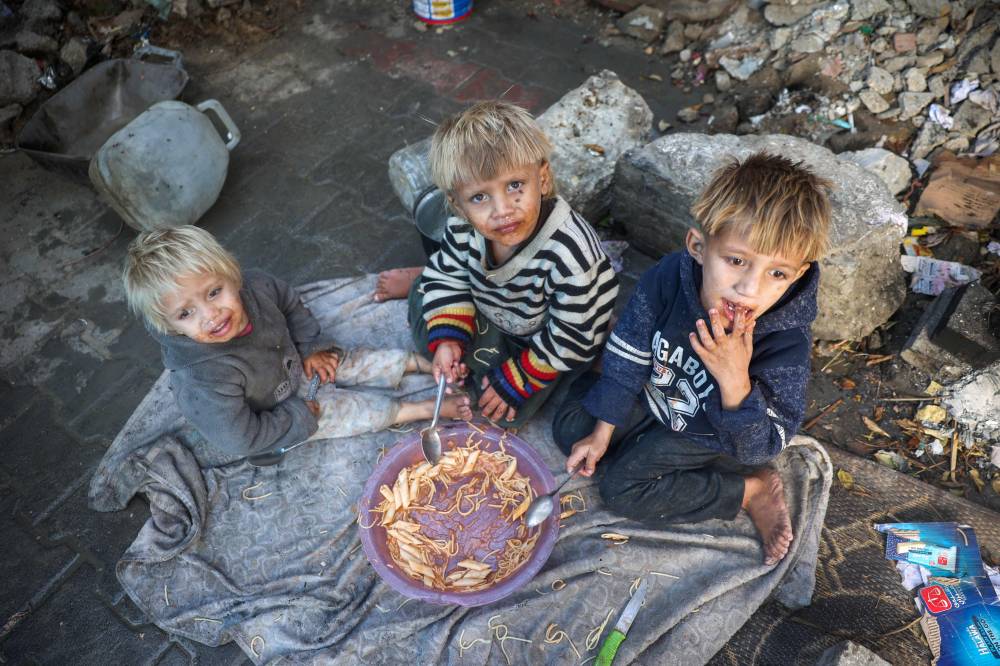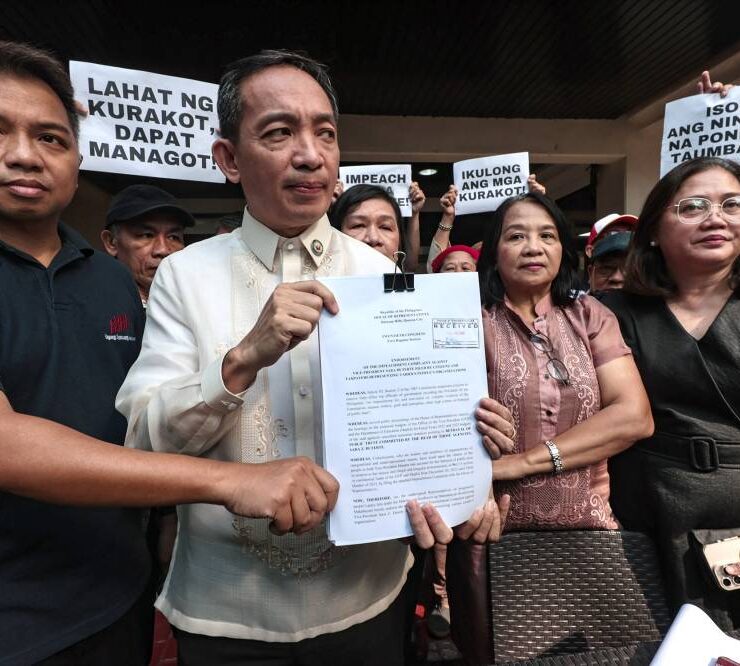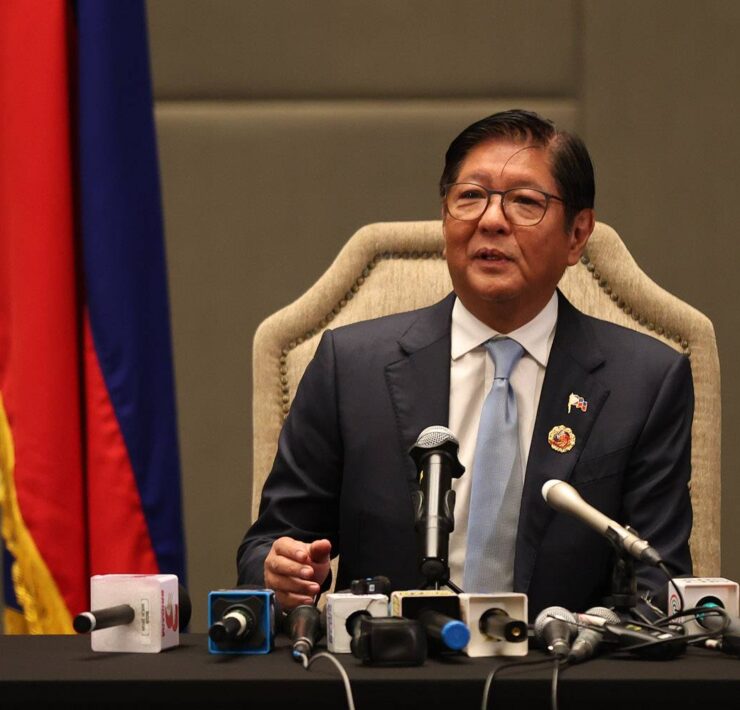No sign of swift deal for Gaza

JERUSALEM/CAIRO—Following a deal to end more than a year of fighting between Israel and Lebanon’s Hezbollah, attention has swung back to the battered Gaza Strip, but any hopes of a rapid end to the war there look likely to be dashed.
A ceasefire between Israel and Hezbollah took effect before dawn on Wednesday, bringing a halt to hostilities that had escalated sharply in recent months and overshadowed Israel’s parallel conflict in Gaza against Palestinian Hamas militants.
Announcing the Lebanon accord on Tuesday, US President Joe Biden said he would now renew his push for an elusive agreement in Gaza, urging Israel and Hamas to seize the moment.
However, there was no sign that Israeli leaders want to ease up on the Islamist Hamas, which triggered the conflagration last year by attacking southern Israel, with ministers making clear their war aims for Gaza were very different than those for Lebanon.
“Gaza will never be a threat to the state of Israel again… We will reach a decisive victory there. Lebanon is different,” said Israel’s agriculture minister Avi Dichter, a member of the inner security Cabinet and a former head of the Shin Bet intelligence agency.
“Are we at the beginning of the end (of the Gaza campaign)? Definitely not. We still have a lot to do,” he told a group of foreign correspondents this week.
Bad faith
Some 101 Israeli hostages remain captive in Gaza and Israeli Prime Minister Benjamin Netanyahu has vowed both to bring them all home and to eradicate Hamas.
Negotiations between the two sides have long stalled, with each side blaming the other for the impasse. Hamas official Sami Abu Zuhri on Wednesday accused Israel of being inflexible, saying his group still wanted a deal.
“We hope that this agreement (with Hezbollah) will pave the way to reaching an agreement that ends the war of genocide against our people in Gaza,” he told Reuters.
Israel and the United States have accused Hamas of failing to negotiate in good faith.
The war in Gaza has gone on much longer than most people expected. Over 14 months, much of Gaza has been laid to waste and 44,000 Palestinians have been killed, with Israeli forces still launching daily attacks across swathes of the coastal enclave looking to wipe out Hamas.
News that Hezbollah had decided to stop fighting was met with gloom by many Gazans, who feel abandoned and forgotten, although some held hopes that their luck might change.
“They say if it rains in one place, it foretells good things for people in another place. We hope that after Lebanon, efforts will be focused on Gaza to end the war,” said Aya, 30, a displaced woman who now lives with her family in a tent in the central Gaza Strip.
Faint optimism
Faint optimism also surfaced in Egypt, which plays a central role in mediating between Israel and Hamas. Two Egyptian security sources said Israel had informed Cairo that if the Lebanese ceasefire held, they would work again on a Gaza deal.
US national security adviser Jake Sullivan said that Biden would start a renewed push for a Gaza ceasefire on Wednesday by having his envoys engage with Turkey, Qatar, Egypt and other actors in the region.
Reuters, the news and media division of Thomson Reuters, is the world’s largest multimedia news provider, reaching billions of people worldwide every day. Reuters provides business, financial, national and international news to professionals via desktop terminals, the world's media organizations, industry events and directly to consumers.





















